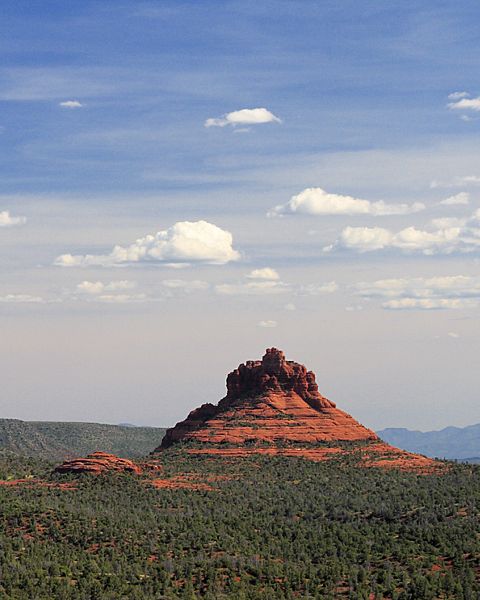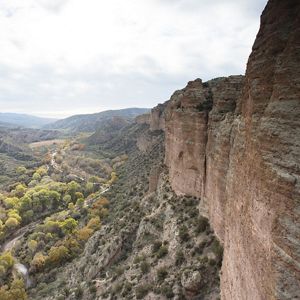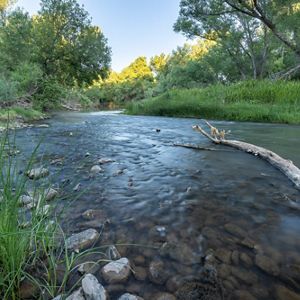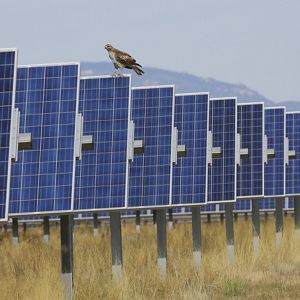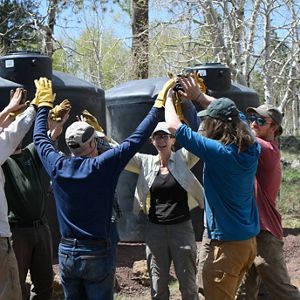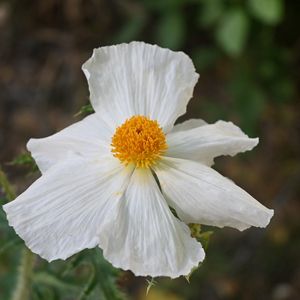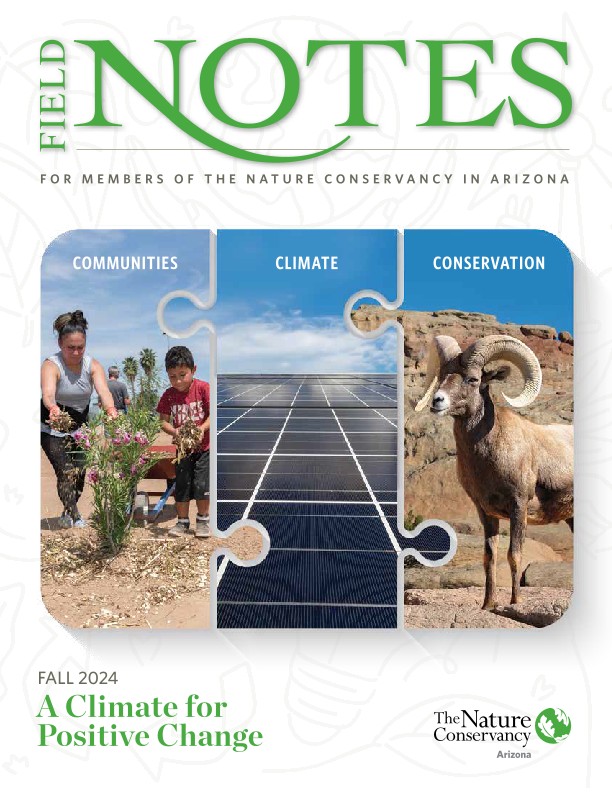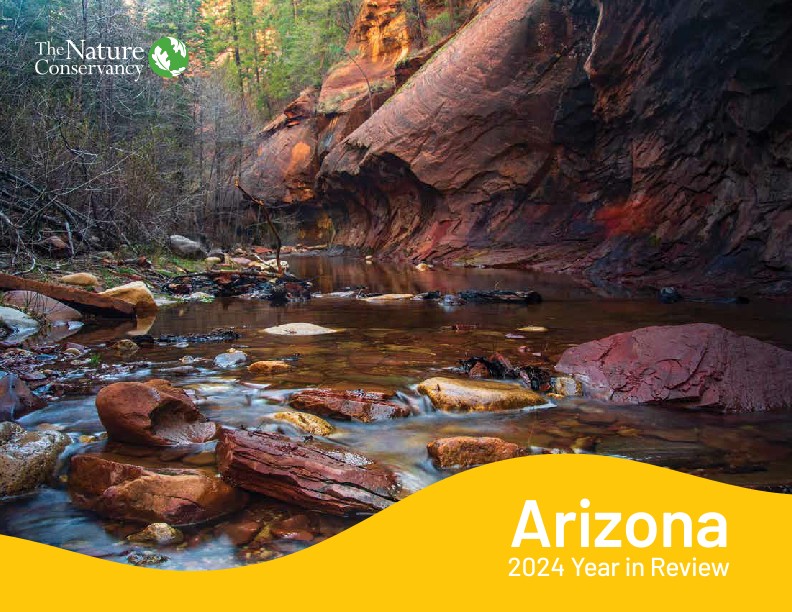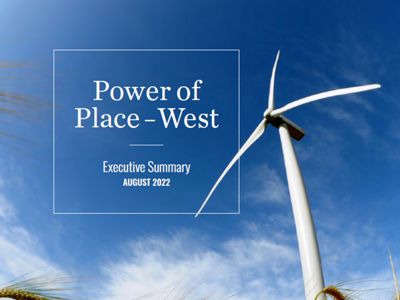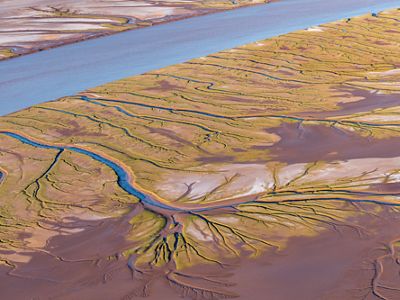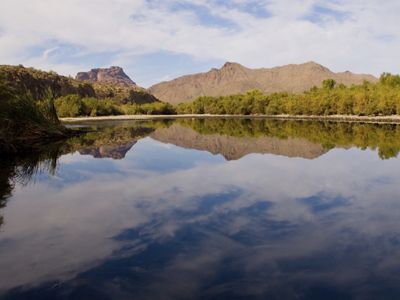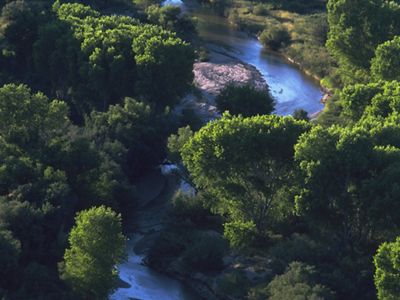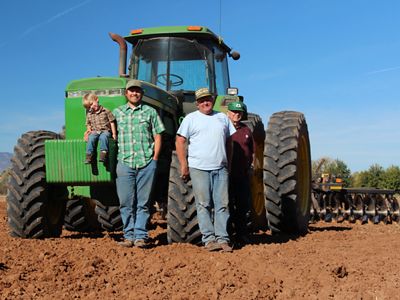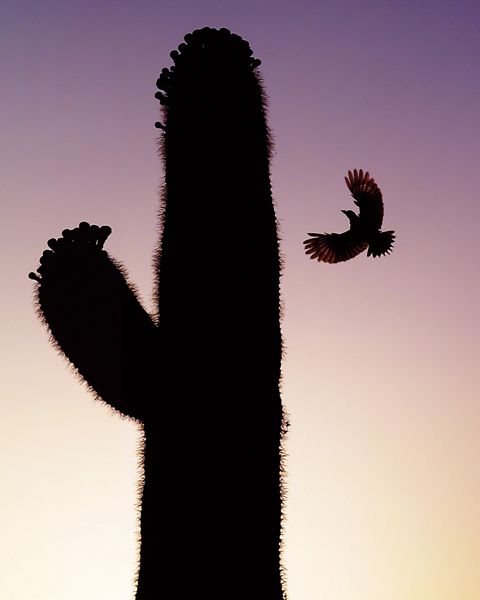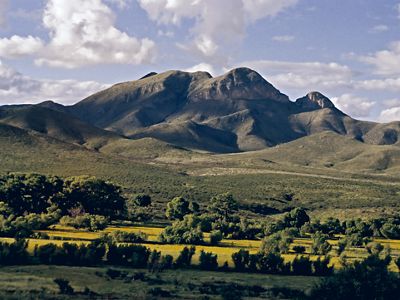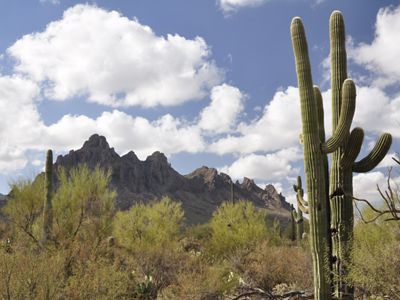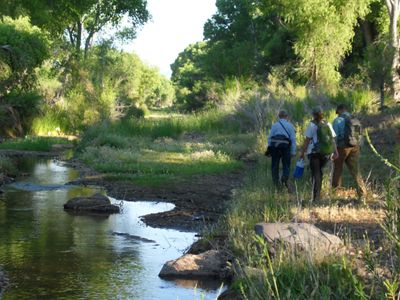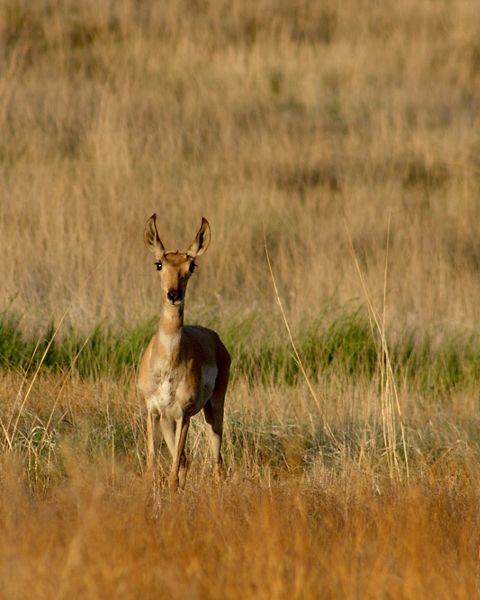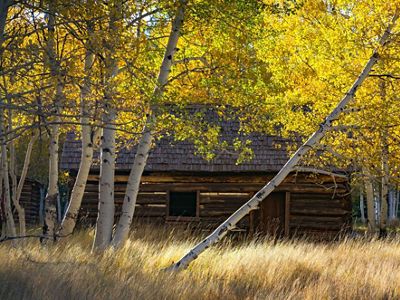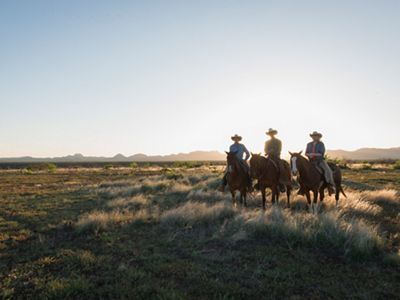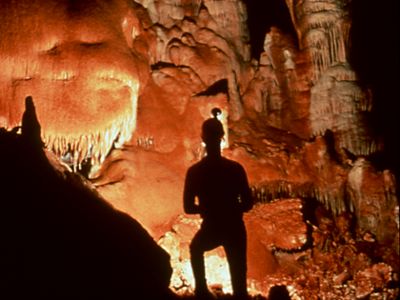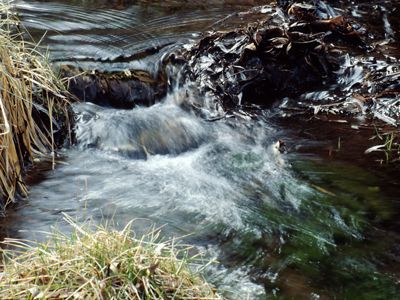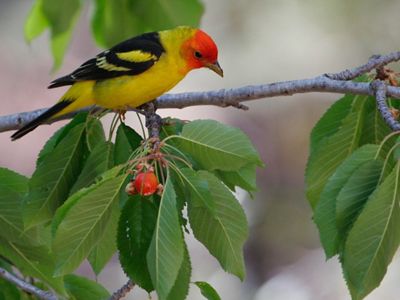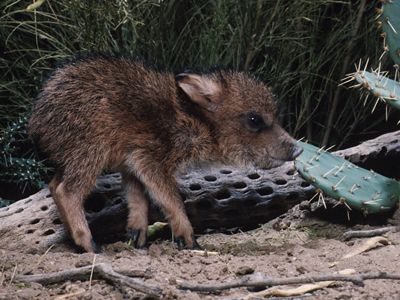Keep in Touch!
Sign up to receive monthly updates from Arizona and beyond.
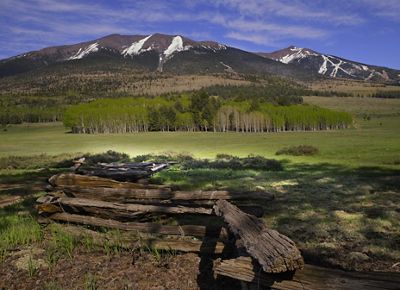
Guided Nature Walks at Hart Prairie Preserve
Join us on Sunday mornings from 10 a.m. to 12 p.m. in northern Arizona to learn about the natural and human history of the Flagstaff area, including its geology, Aspen ecology, Bebb willows and TNC’s ongoing conservation work at the preserve.

Nature Is Common Ground—and Common Sense
The Nature Conservancy remains committed to creating a world where everyone thrives alongside nature for generations to come, protecting and preserving nature.
Conservation Beyond Borders
Download
In this issue, we focus on climate and the many ways it impacts our lives.
DOWNLOADDownload
Discover our 2024 accomplishments and how they will serve as a strong foundation for the ambitious goals we have set for years to come.
DOWNLOADWins for Arizona, Wins for Earth
2024-2020
With the new decade, we're expanding our urban program and our clean air/clean energy work while continuing to restore our rivers, lands and forests. This work—so vital to this great state we call home—could not have been possible without our many supporters.
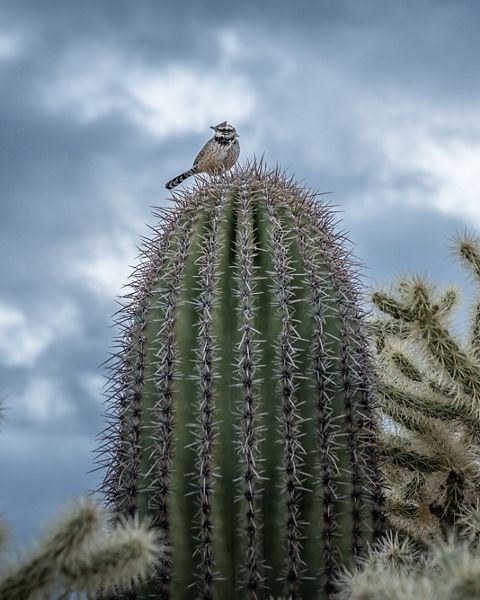
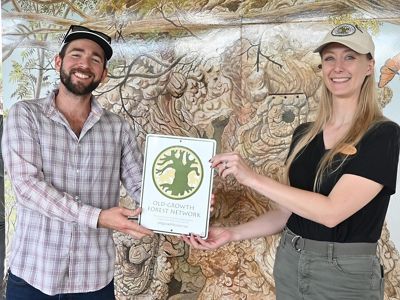
Patagonia-Sonoita Creek Preserve is formally designated by the Old-Growth Forest Network for its intact cottonwood-willow riparian forest.
Learn more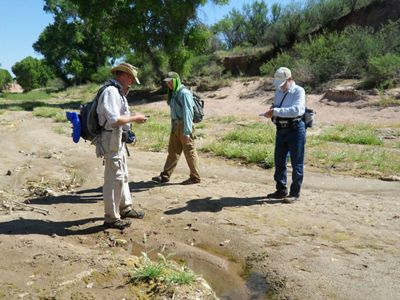
With more than 100 volunteers, staff and partners in Arizona and Mexico, we celebrated 25 years of wet-dry mapping the San Pedro River.
View the Trends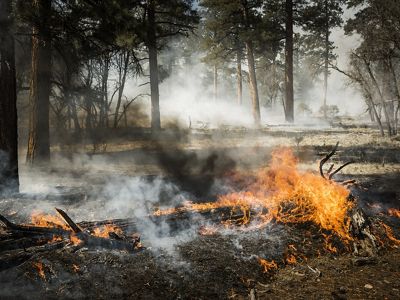
Led a regional study that identified “opportunity hot spots” in the western U.S. for using proactive forest management to reduce the risk of losing carbon to future wildfires.
Read the Study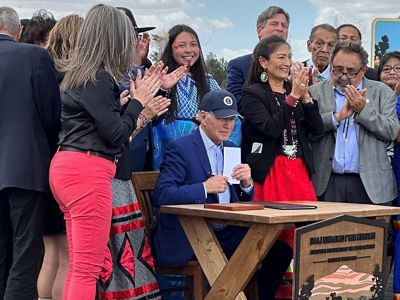
Witnessed President Biden’s designation ceremony for the “Baaj Nwaavjo I’tah Kukveni – Ancestral Footprints of the Grand Canyon National Monument." It was an honor to support Arizona’s Indigenous Peoples.
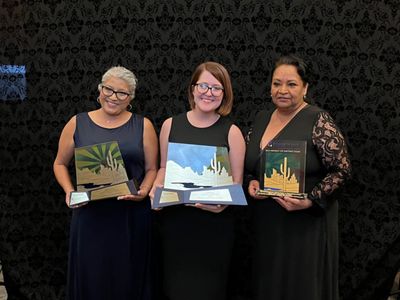
Healthy Cities team and Phoenix Revitalization Corporation’s Urban Heat Leadership Academy won three Arizona Forward Environmental Excellence Awards.
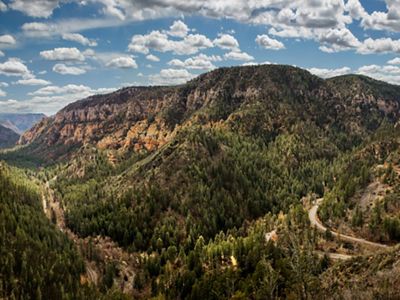
Our science team led a comprehensive study on the fate of Western forests after wildfires and the importance of forest regeneration.
Read the Study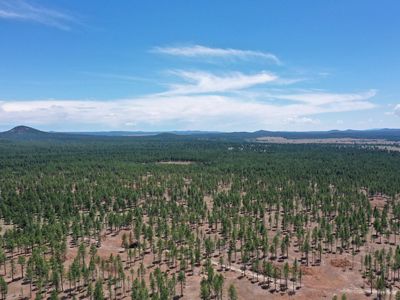
The Future Forests project’s Clover Supplemental Project Agreement marked the completion of critical vegetation management around Bill Williams Mountain and the City of Williams.
Partnered with 11 Western states on Power of Place—West, a study that identifies the optimal pathway to reach net zero emissions by 2050.
Power of Place—West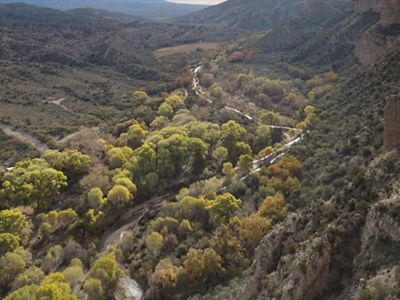
Provided assistance to complete a highly significant land and water conservation project to protect the Cross F Ranch and the greater Aravaipa ecosystem.
2019–2010
This decade saw our work expanding along the Verde River, our ponderosa pine forests and our largest city, Phoenix, to make it greener and more liveable.
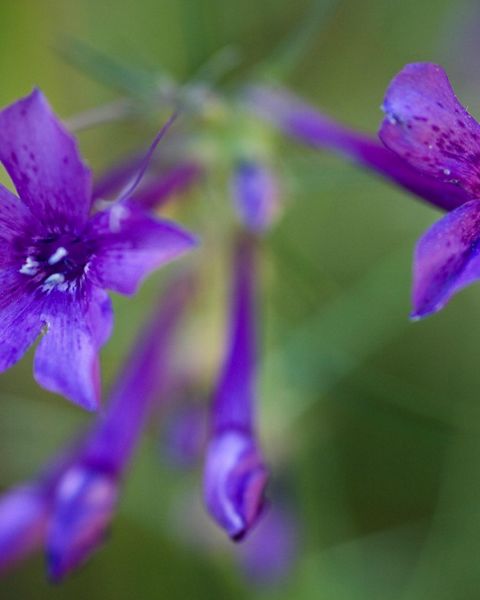
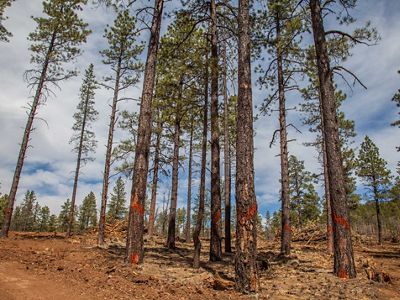
Led a major TNC study which found that large-scale thinning of Arizona’s overgrown forests will lead to increased carbon storage. The quicker the thinning, the more carbon stored.
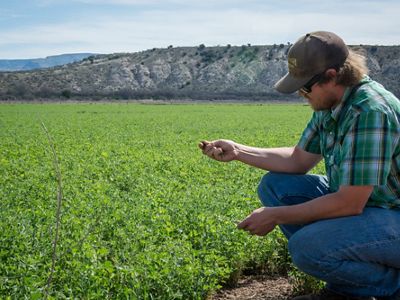
Celebrated the Park Central Farm project, in which TNC worked with Hauser and Hauser Farms to purchase and protect 1,000 acres of farmland and open space and a valuable streamside forest for native fish and wildlife.
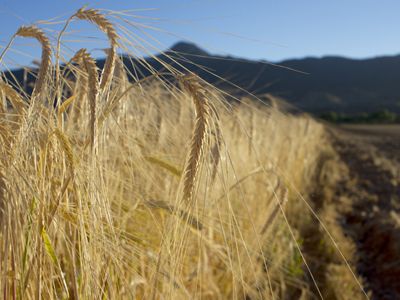
Worked with a Verde Valley farm family to grow a low-water-use crop—barley—in place of high-water-use crops. Invested in Sinagua Malt to purchase the barley to sell to brewpubs to make a “water-friendly” beer.
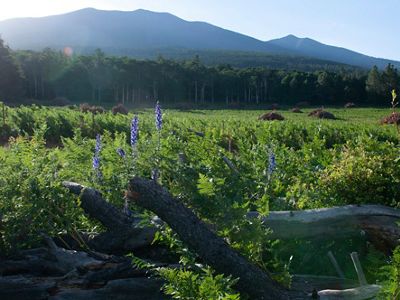
Launched the Future Forest Project to restore forest health in Arizona’s forests, benefitting communities, clean water and wildlife.
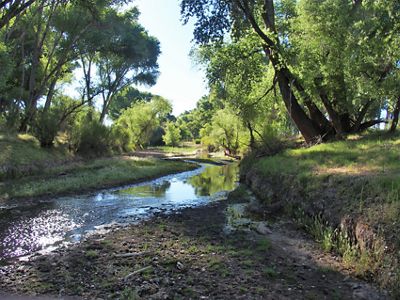
As a partner in the Cochise Conservation and Recharge Network, ramped up water recharge efforts to capture 1 billion gallons of water and save 1 billion gallons from future pumping. Result: 2 billion gallons yearly to replenish groundwater and add to San Pedro River flows.
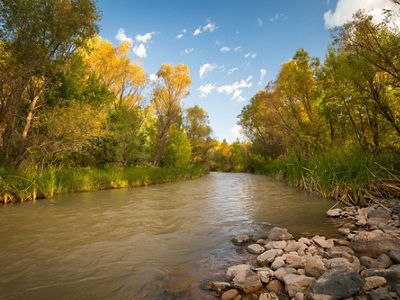
With partners, developed the Verde River Exchange Water Offset Program that allows a surface water user to be compensated for using less water in a given year without giving up the rights to that water in following years.
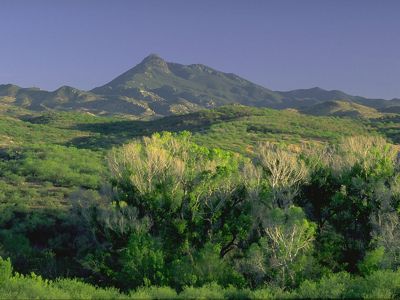
TNC celebrated 50 years of collaborative conservation in Arizona. TNC’s first project, the purchase of the Patagonia-Sonoita Creek Preserve, has some of the oldest and tallest Fremont cottonwood trees in the Southwest, and is considered one of the premier bird-watching sites in the United States.
With partners, built a first-of-its-kind system to funnel stormwater underground to replenish the aquifer and the San Pedro River, one of the last remaining flowing rivers in the desert Southwest and a critically important wildlife migration corridor.
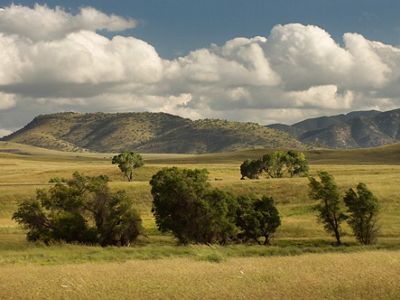
Worked with Arizona State Parks to purchase and protect the 22,000-acre San Rafael Ranch, a scenic southern Arizona grassland where the movie “Oklahoma” was filmed.
1989–1980
In the ‘80s, TNC purchased two lands that would become the Muleshoe Ranch and Hassayampa River preserves and acquired two properties that became national wildlife refuges.
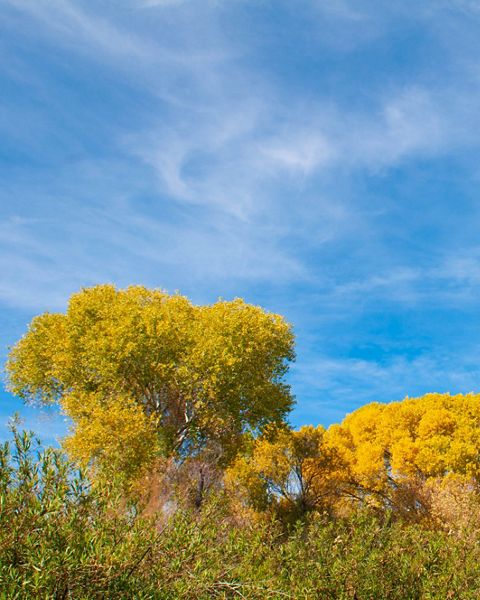
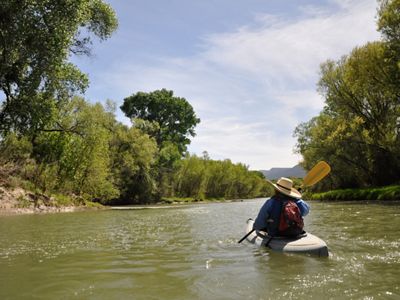
Purchased three properties along the Verde River to help create the Verde River Greenway, now managed by Arizona State Parks.
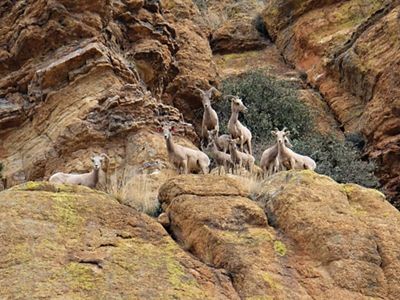
Purchased the Muleshoe Ranch, and signed a Cooperative Management Agreement with the Bureau of Land Management and U.S. Forest Service covering the ranch’s 55,000 acres. Muleshoe has some of the finest native fish streams in Arizona.
1979–1970
During the ’70s, TNC protected some of southern Arizona’s iconic lands and waters, from properties along the San Pedro River to the Phoenix area, where we helped secure Squaw Peak as part of the Phoenix Mountain Preserve.
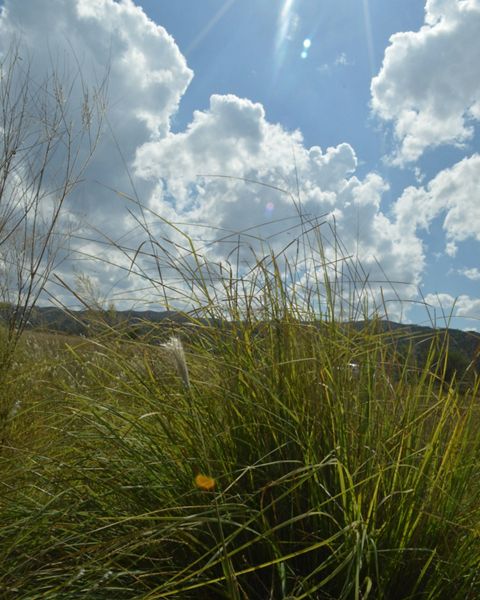
The Arizona Department of Water Resources grants the Conservancy the first in-stream flow water rights permits in the state—at Ramsey and O’Donnell (Canelo Hills Cienega) creeks, meaning that the water can stay in the stream to benefit fish and wildlife.
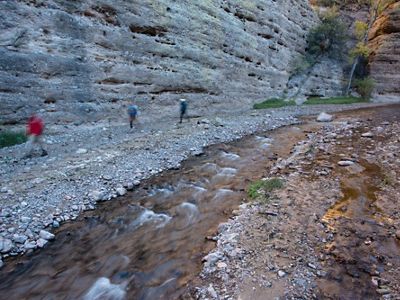
Worked with the Defenders of Wildlife and the George Whittell Trust to purchase Aravaipa Canyon Preserve. One of the Southwest’s natural wonders, Aravaipa Canyon and the creek running through it cuts a jagged 11-mile gash through the Sonoran Desert uplands.
Our Beginnings
Since 1966, The Nature Conservancy has protected more than 1.5 million acres of Arizona lands important to people and wildlife. We’ve harnessed science and partnerships to keep our rivers flowing and our forests and grasslands healthy.
